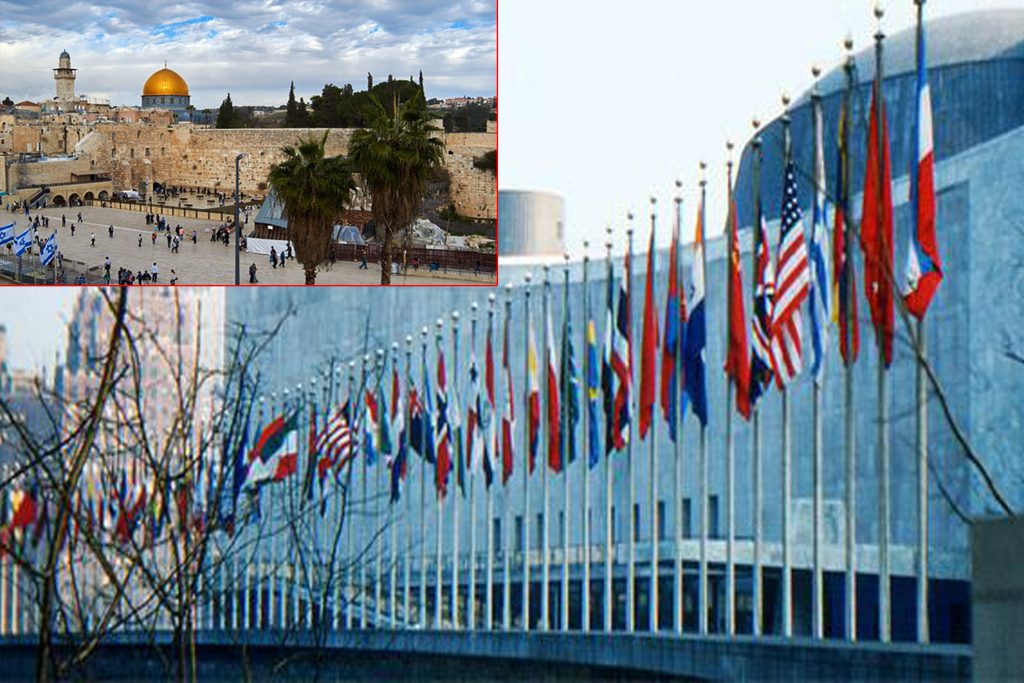CCA Calls on the United Nations to reiterate Jerusalem’s international status

The United States of America’s move to veto the motion of the U.N. Security Council Resolution yesterday, as well as a decision of the U. S. President to shift the U.S. Embassy to Jerusalem would jeopardize the prospect of peace for Israelis and Palestinians; the U.S policy now contradicted international law and ignored U.N. Security Council resolutions, stated the General Secretary of the Christian Conference of Asia (CCA) General Secretary Dr. Mathews George Chunakara.
While responding to the latest action by the United States of America to veto the Resolution initated by Egypt yesterday at the U.N Security Council, the CCA General Secretary added that the U.S. President Donald Trump’s unprecedented move to recognize Jerusalem as the capital of Israel is part of a strategic move for the consolidation of Israel’s settler colonialism and the practice of apartheid, which effectively eliminated publicly the two-state solution.
Mathews George Chunakara further stated that Jerusalem now is a microcosm of the Palestinian-Israeli conflict. By excluding Palestinian voices from the Jerusalem debate, U. S support Israel’s position to close the doors for others and intensify gross human rights violations which impact on the lives of Palestinians.
CCA General Secretary said that CCA reiterates the position of the international ecumenical community that “Jerusalem could become a force of stability and coexistence rather than a source of division and conflict. This could be aided by international encouragement for a special religious and political status of Jerusalem.”
Jews, Christians, and Muslims revere Jerusalem. Hence, the religions of the Abrahamic faith must have equal access to this holy city. A fully open city is possible with a form of symbolic, shared, or divided sovereignty replacing the imposed barriers and blockades within the city boundaries.
Mathews George Chunakara added that the position of CCA is that, “as Jerusalem is a religiously diverse city in which Jews, Christians, and Muslims cohabitate for millennia, the U. N. General Assembly should condemn Trump’s recognition of Jerusalem as the capital of Israel and must reiterate unequivocally the U.N position according to which the status of Jerusalem must be an international city as it was intended to be to which the three monotheistic world religions must continue to have free access.”










